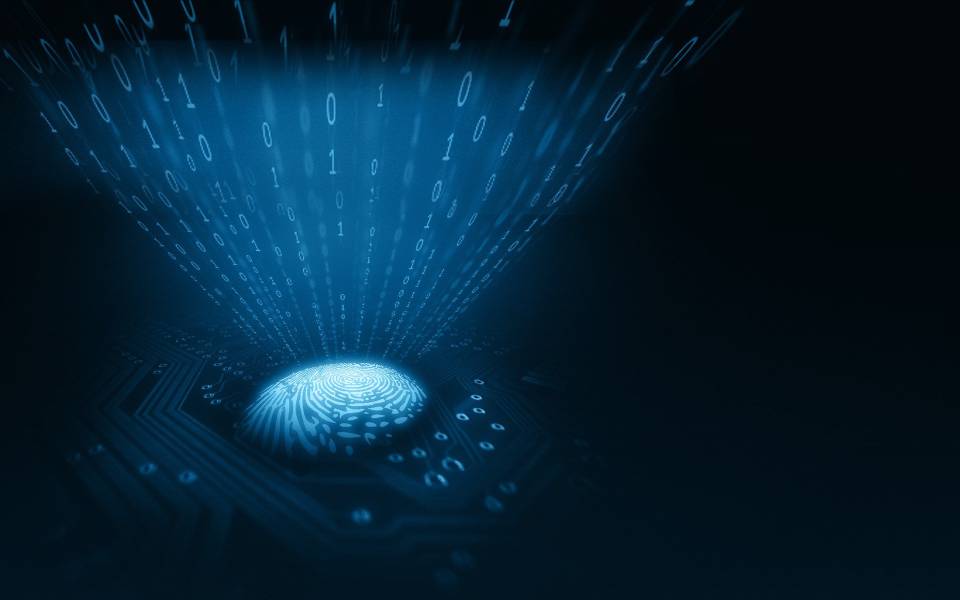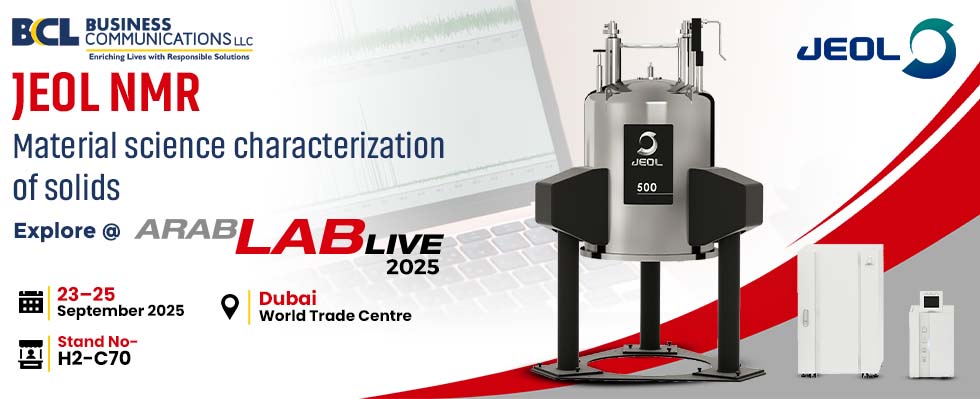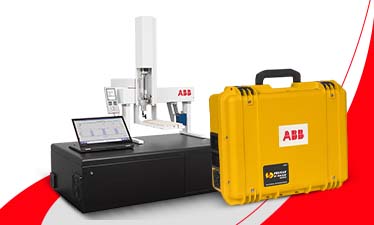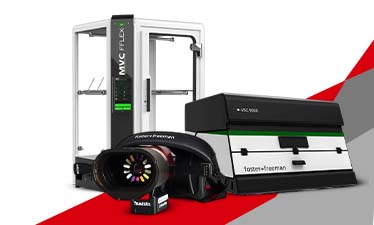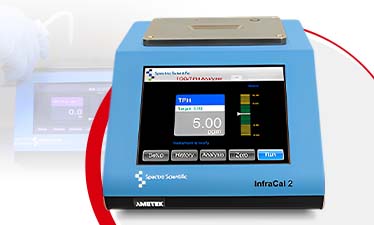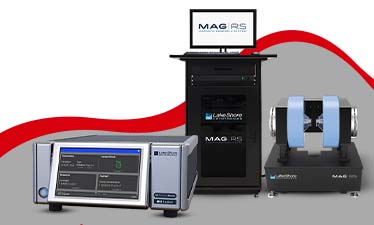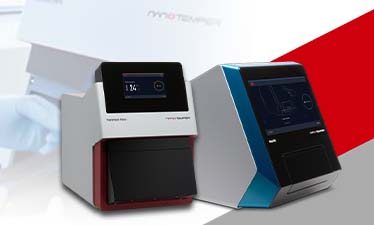Molecular Structures Revealed: JEOL’s NMR Spectrometers at ArabLab 2025
The ArabLab 2025 Exhibition returns to the Dubai World Trade Centre from 23–25 September, bringing together scientists and suppliers at the forefront of laboratory science. We at BCL are bringing our selected range of products to contribute to the platform.
One of the highlighted names joining us this year is JEOL, presenting its advanced NMR Spectrometer to redefine chemical analysis across research and industry.
This comes at a time when the global NMR market, valued between USD 1.1 billion and USD 2.5 billion in 2025, is projected to expand at 4.7-8.2% CAGR through the early 2030s, underscoring the instrument’s role in modern research.
Decoding Molecular Structures With NMR
Nuclear Magnetic Resonance reveals how atoms are arranged and connected, producing a level of insight unmatched by many analytical tools. By analysing nuclear spins in a strong magnetic field, NMR uncovers molecular connectivity, chemical environments, and atomic dynamics.
Applications stretch across multiple sectors:
- Pharmaceuticals: Verifying drug purity, characterising new compounds, ensuring formulations remain consistent. With global pharma R&D spending exceeding USD 300 billion annually, spectroscopy has become a standard in pipeline validation.
- Biotech and Biologics: In the GCC alone, the biologics market reached USD 18.55 billion in 2023 and is forecasted to grow at 15.26% CAGR from 2025 to 2035, supported by Saudi Vision 2030 and UAE Centennial 2071. NMR strengthens discovery and quality control in these pipelines.
- Food and Chemistry: From identifying additives to ensuring authenticity, NMR adds confidence to food and flavour analysis, alongside monitoring polymer and chemical reactions.
How JEOL Advances the Technique
JEOL, long recognised for its electron microscopes including JEOL Scanning Electron Microscopes (SEM), applies the same expertise to spectroscopy. Their NMR systems combine advanced sensitivity with reliable usability, ensuring that institutions in both education and industry can integrate them effectively.
Key Highlights of JEOL’s NMR Spectrometers:
- Detects trace-level compounds with high sensitivity
- Integrated software for smooth acquisition, visualisation and reporting
- Scalable options, e.g., benchtop and field systems for advanced research
- Compact designs that fit seamlessly into diverse laboratory spaces
- Broad applications across organic chemistry, polymers, and energy materials
What Sets JEOL NMR Apart
JEOL’s NMR Spectrometer brings structural and chemical clarity to researchers across pharmaceuticals, food, and materials science. At ArabLab 2025, visitors can explore these features up front. For now, let’s just give you a brief summary of its benefits and key applications.
| Feature |
Benefit |
Application Area |
| High Sensitivity |
Detects trace-level compounds with confidence |
Drug purity checks, impurity analysis |
| Integrated Software |
Simplifies data collection and reporting |
Academic research, industrial R&D |
| Flexible Configurations |
From benchtop to high-field instruments |
Teaching labs, advanced facilities |
| Compact Design |
Fits within limited lab space |
Universities, regional research centres |
| Broad Material Coverage |
Effective for organic, inorganic, and biological samples |
Chemistry, polymers, life sciences, energy storage |
Shaping Research Growth in the Middle East
The GCC is rapidly positioning itself as a hub for advanced research. The Middle East laboratory equipment market is projected to grow from USD 1.38 billion in 2025 to over USD 2.55 billion by 2033 at nearly 8% CAGR, supported by healthcare investment and government-led science initiatives. Universities and new science parks in Saudi Arabia and the UAE are equipping facilities with advanced spectroscopy, confirming the region’s shift toward knowledge-driven economies.
This regional growth reflects global patterns. The life sciences microscopy market is projected to expand from USD 3.71 billion in 2025 to USD 5.53 billion by 2034 at 4.55% CAGR, showing how imaging and spectroscopy together are becoming central to biomedical and chemical research. NMR sits firmly within this trend, offering unmatched structural clarity.
Why Visit Stall H2-C70
The ArabLab 2025 Exhibition will witness a diverse range of lab technologies, and JEOL’s NMR will be among the highlights. At our stand, visitors can:
- Watch demonstrations of NMR spectroscopy in action
- Compare how NMR results complement electron microscopy and Raman analysis
- Speak with experts on real-world pharmaceutical, food, and energy applications
- Explore JEOL’s full portfolio of research technologies
From drug development to food analysis, education to industrial research, NMR is becoming a central part of laboratories worldwide. With the GCC investing heavily in healthcare and biotechnology infrastructure, adoption is set to accelerate further.
By presenting JEOL’s NMR Spectrometer at ArabLab 2025, we are opening new opportunities for researchers in the Middle East to explore molecular insights with clarity and depth.
Don’t forget to clear your calendar so you don’t miss this chance.
Event Details:
Dubai World Trade Centre
23–25 September 2025
Stall No: H2–C70

